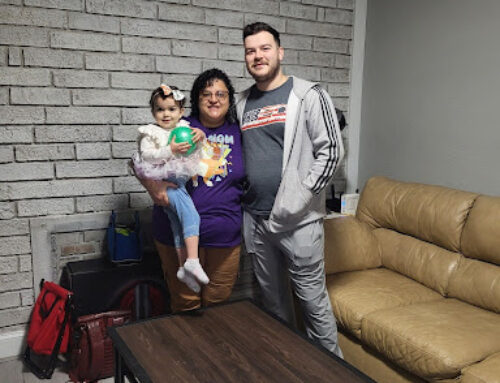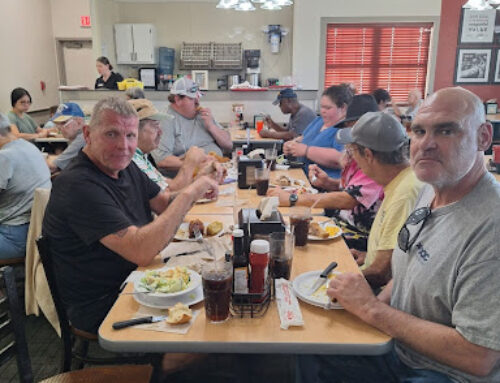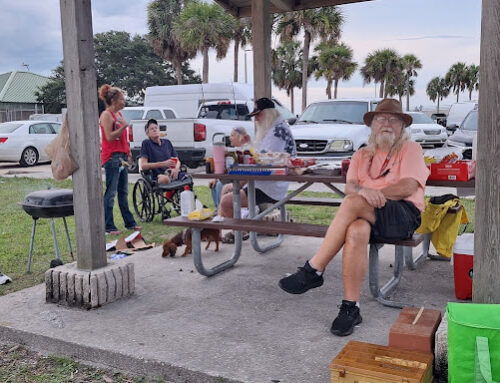Veterans and Higher Education: Navigating the GI Bill and Other Benefits
As an integral part of our society, veterans hold a special place in our communities. One key area where we can ensure their success is in higher education. However, veterans and higher education can often be a complex matter, especially considering the unique needs and experiences of these individuals. This article will explore the challenges and opportunities of student veterans and servicemembers in higher education, as well as some of the best practices for veterans in higher education.
Understanding Veteran Educational Needs
The transition from military service to academia is not without its difficulties. Universities and colleges need to address the unique experiences and skills that veterans bring to the table, developing an approach to veteran educational needs that respects their past experiences while setting them up for future success.
Veterans often face hurdles like adapting to a different environment, managing PTSD or other mental health issues, or juggling school with family responsibilities. Higher education institutions need to offer the right resources and services to accommodate these needs. Strategies for transitioning from military to civilian life often provide helpful frameworks that can be adopted in an academic context.
Best Practices for Supporting Veterans in Higher Education
Creating a supportive and inclusive environment for veterans in higher education involves a variety of steps. Some of the best practices for veterans in higher education include the provision of dedicated support staff, specialized counseling services, and recognition of the skills and experiences that veterans bring to the academic community. Institutions can play an active role in supporting veterans in higher education through these initiatives.
Leveraging the GI Bill and Other Benefits
The Post-9/11 GI Bill and other veterans’ educational benefits are crucial resources for veterans pursuing higher education. GI Bill benefits can cover a significant portion of tuition and fees, provide a monthly housing allowance, and even offer a stipend for books and supplies.
The GI Bill is a law that provides educational assistance to servicemembers, veterans, and their dependents. This benefit is designed to help those who have served our country transition into civilian life through education and training. Navigating the GI Bill and understanding its full benefits can sometimes be complicated. To make the most of it, veterans are encouraged to seek advice from veteran support services within their institutions or through dedicated VA programs.
While the journey of veterans in higher education can sometimes be challenging, with the right support and resources, it can also be incredibly rewarding. By acknowledging the unique needs and experiences of veterans, higher education institutions can provide a supportive learning environment that empowers these individuals to thrive both academically and professionally.
National Veterans Homeless Support seeks to eliminate homelessness among veterans in Central Florida and nationwide. NVHS takes a proactive, intervention-based approach to homelessness by meeting homeless veterans where they are and helping them from there. Through programs like Search and Rescue Outreach, NVHS helps homeless veterans get the supplies they need to survive, connects them with support and resources, and helps them transition off the streets and into temporary or permanent housing. Some of our programs also include art therapy to help veterans heal. If you’re able, consider supporting our mission by donating or signing on as a volunteer.





